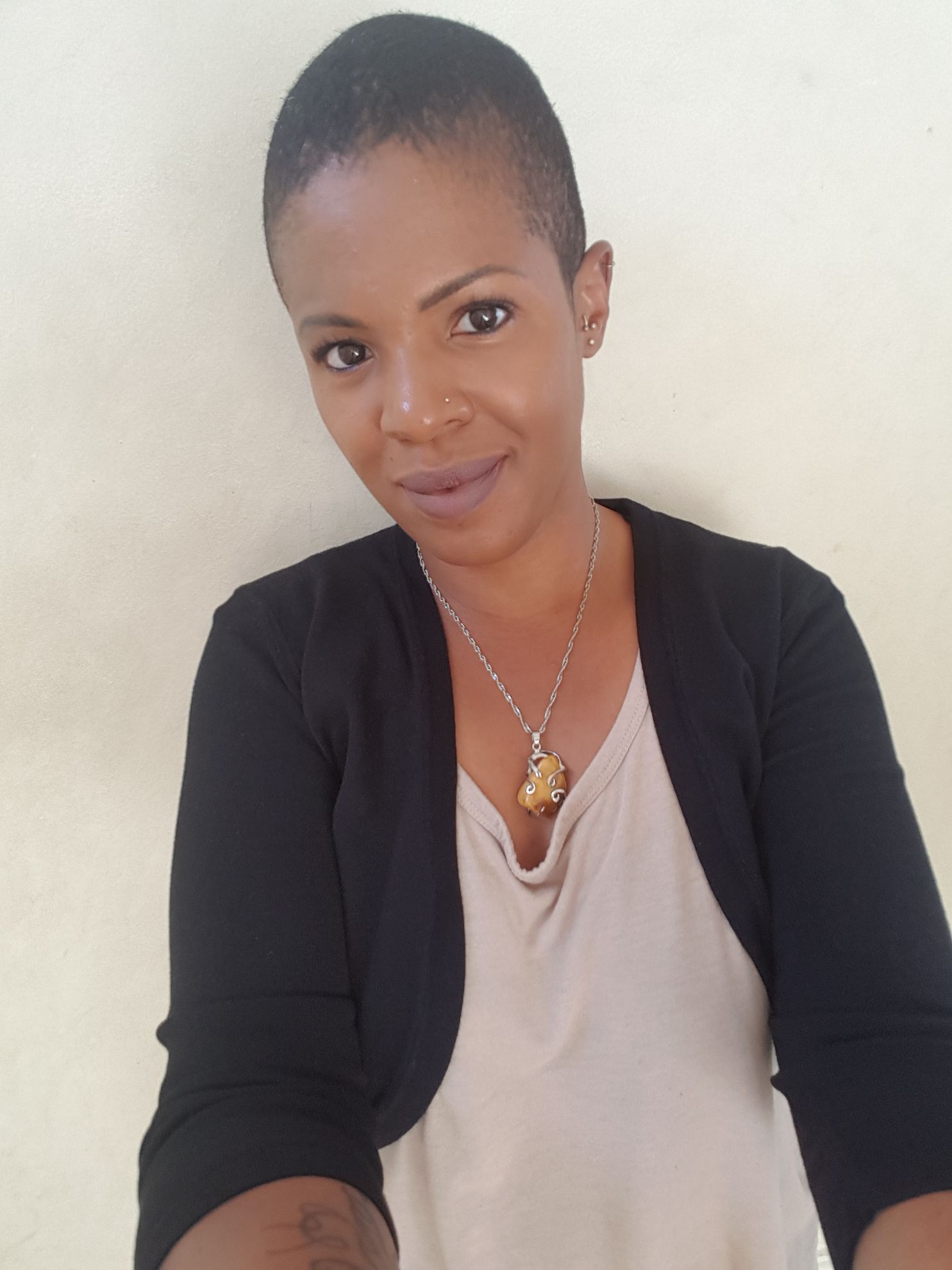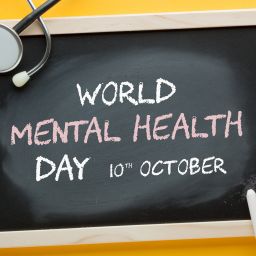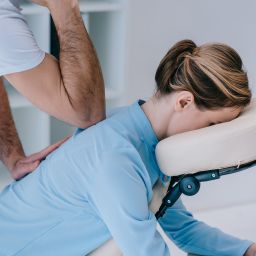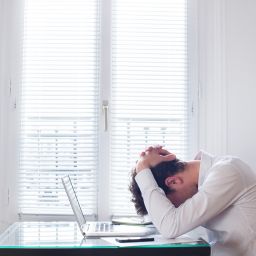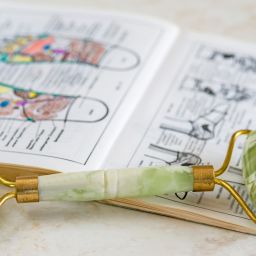This month we want to share a different mental health perspective and thoughts from one of our Massage Therapists Nadia Faucher.
Nadia spent years working for the local authority in an office environment. During her maternity leave, Nadia felt drawn to the holistic health profession. Three years ago, Nadia trained and qualified in massage in one of the top massage schools in the country. Nadia is one of our brilliant massage therapists. She is professional in every regard and really cares for each and every one of our clients. During this interview, Nadia shares her insight into the importance of mental health and how she has learned to realise how key it is to her overall wellbeing…
1. When did you first become aware of mental health and what would you say it means to you?
I became aware of Mental Health in my adolescent years when a neighbour with schizophrenia had an episode. My introduction to mental health then is not what I believe it to be now though. Volunteering as a befriender for Mind in my late teens changed all that for me. In addition to working with individuals with substance use challenges who also suffered mental health difficulties for various reasons. This further increased my knowledge of what mental health meant to me. Mental health has varying spectrums and can be triggered by a host of experiences we as individuals face throughout our life and how we respond to them.
2. Have you ever struggled with your mental health? If so, in what way and how did you overcome it?
I have suffered emotionally with my mental health having both anxiety and depression AND often feel very overwhelmed by life. Being a professional in the social care sector and taking part in a host of training offered, supported me in overcoming my mental health. Firstly, I was aware of how to access mental health services to talk about things or work with changing behaviour patterns. Both of which I accessed when needed following a consultation with my GP. It was ok but was not for me so I went on to self-help books – self coaching and Neuro linguistic programming. After I exhausted my research in this field and taking and using the bits that worked for me, I wanted to enhance these results (the saying knowledge is power is really speaks to me with this). I started exploring further, looking into meditation and relaxation which led me on to the tapping technique with daily affirmations. Although I was not always consistent, it worked when I needed it the most. So I continued my research and opened up a whole host of stuff from reiki, to mindfulness, breathing techniques, and so much more.
All of which worked for me, meaning I had a range of tools to access for different experiences. After gaining deeper knowledge and practising these natural holistic techniques as often as possible, I found myself feeling better and less overwhelmed. Sometimes it was just for that moment, sometimes it would last for days, even weeks. And with regular practice, especially combined with mindful breathing, slowly, bouts of anxiety and dips of depression left me for long sustainable periods of time. This, coupled with eating well and taking essential supplements suited to my wellbeing needs (vitamin b complex, vitamin d and evening primrose), has helped keep me balanced.
3. Walk me through the steps you take to look after your mental health throughout the day. What is the first thing you do in the morning and the last thing you do in the evening?
My mornings start with a big stretch then a glass of water with my supplements. Followed by a cup of my favourite herbal and either toast or some fruit whilst I remind myself of 3 things to be grateful for, regardless of how small or basic it may be. Throughout the day I will try to be mindful where I can and if feeling unbalanced I will listen to binural beats to recentre myself. I also try to go for a walk, sometimes short sometimes long, enjoying the nature along the way and enjoying the present moment – emptying my mind of all thoughts. I try as much as possible to be self-aware and mindful. I try to identify any changes in my mood and possible triggers. These aren’t always due to specific experiences but sometimes diet that impacts my hormones. At night, I ensure to fit in fun quality time with my boys before I unwind with some binural beats and / or my daily mudras app which is a meditation app that gives yoga meditation exercises to improve health and wellbeing.
4. As a massage therapist, you must see plenty of people that struggle with depression, anxiety and other mental health problems. Do you find that massage makes a difference to their mental health? If so, how?
I’ve had a vast range of clients with depression and anxiety on varying levels for various reasons. For some, in as little as one treatment and others over time I have seen their mental space shift from being in a dark space to feeling hopeful, relaxed and less unbalanced. Some also report an improvement in the quality of sleep.
5. What surprising lessons have you learned about mental health through helping people?
Mental health can be triggered by not only an imbalance of the chemicals in the brain but also by lack of vitamins and nutrients.
6. What should other people reading this interview – be focusing on to improve their mental health and wellbeing?
Recognising various stressors in their life and not working on autopilot whilst sweeping matters to one side because they don’t have the time. Make time!! Find some form of daily exercise whether it be breathing, meditation or going to the gym or a jog around the block. Incorporate this into your daily routine and find what works for you. Take small steps to make it realistic and achievable. Also eating well will support your mental health and wellbeing.
7. If a child walked up to you asking for your advice and you only had a few minutes to give them your best tip, what would it be?
It’s ok to not be ok, so ask for help. Every experience is an opportunity to learn from so see the lesson in everything. But sometimes you just need to be still and breathe and that’s ok too, allow yourself that time.
8. Is there anything else that you’d like to add that you feel would be important to share?
It is not always easy to overcome mental health challenges, it can take time, but it is important you create a safe space to explore your challenges and try out various tools to manage them. Whether it be with a professional, close friend, family and/or self-help or you may choose to dip into a bit of each like I did. The main thing is, it has to work for you.


